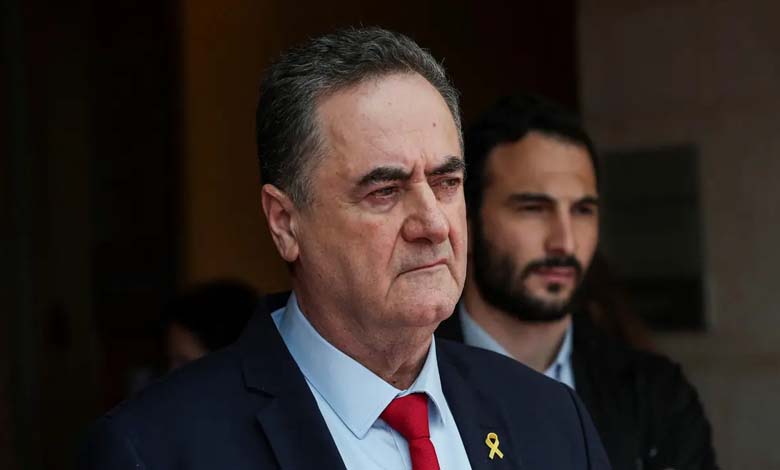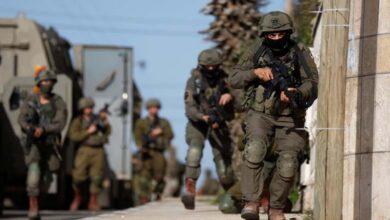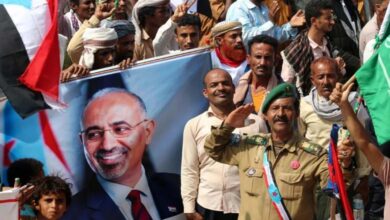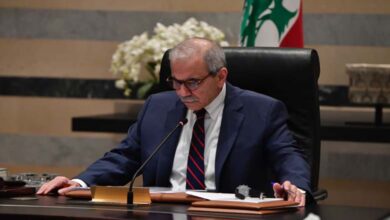In Response to Aoun.. Israeli Defense Minister Sets Condition to Halt Strikes on Lebanon

Following a series of Israeli air raids targeting the southern suburbs of Beirut, Israeli Defense Minister Yoav Gallant said on Friday that the Israeli army would continue bombing Lebanon “unless authorities disarm Hezbollah.”
-
Hezbollah’s Footprints in the Heart of Sanaa: Ṣarif Explosion Exposes Iran’s Missile Network
-
How Did Israel Target Hezbollah Leaders? Details Emerge to Unveil the Mystery
In an official statement, Katz declared: “There will be no calm in Beirut, no order, and no stability in Lebanon without the security of the State of Israel. Agreements must be honored. If you fail to do what is required, we will continue to act — and with great force.”
His remarks came in direct response to Lebanese President Joseph Aoun, who condemned the Israeli strikes on Lebanese territory Thursday night, describing them as a “blatant violation” of the ceasefire agreement that came into effect on November 27, 2023.
-
Religious Chant Leader Accused of Spying for Israel and Bringing Down Hezbollah Officials
-
Hezbollah’s Violations Rekindle Tensions at the Syrian-Lebanese Border
“Blatant Violation”
On Thursday, Lebanese President Joseph Aoun denounced what he described as a “blatant violation” of the ceasefire agreement reached with Hezbollah last November, following Israeli airstrikes on Beirut’s southern suburbs.
According to a presidential statement, Aoun strongly condemned the Israeli aggression, stating: “This blatant violation of an international agreement, as well as of the fundamental principles of international and humanitarian law, is clear evidence of the perpetrator’s refusal to accept the terms of stability, political settlement, and a just peace in our region.”
-
Disarming Hezbollah is closer than Ever
-
Dismantling of Most of Hezbollah’s Military Sites in Lebanon: Flexibility or Manoeuvre?
Prime Minister Nawaf Salam also condemned the strikes, calling on the international community to “take responsibility by deterring Israel from continuing its aggressions and pushing it to fully withdraw from occupied Lebanese territory.”
Fourth Round of Bombing
This marks the fourth time that southern Beirut has been targeted by Israeli strikes since the ceasefire agreement between Israel and Hezbollah came into force in late November 2023, following a conflict that lasted over a year. Initially sparked by the war in Gaza, tensions escalated into an open confrontation in September 2024.
-
Hamas Hezbollah and Houthis: Netanyahu Unveils His Vision to End the Gaza War
-
Mossad Reveals How the Pager Explosions Shifted the Course of the War against Hezbollah
The agreement stipulated that Hezbollah fighters would withdraw from the area south of the Litani River (about 30 km from the Israeli border), and dismantle their military infrastructure there. In return, the Lebanese army and UNIFIL would strengthen their deployment along the Israeli border. Israel was also required to withdraw from areas it had advanced into in southern Lebanon during the conflict.
Backed by Iran, Hezbollah had launched a “support front” for Gaza shortly after the outbreak of war between Israel and Hamas on October 7, 2023.












